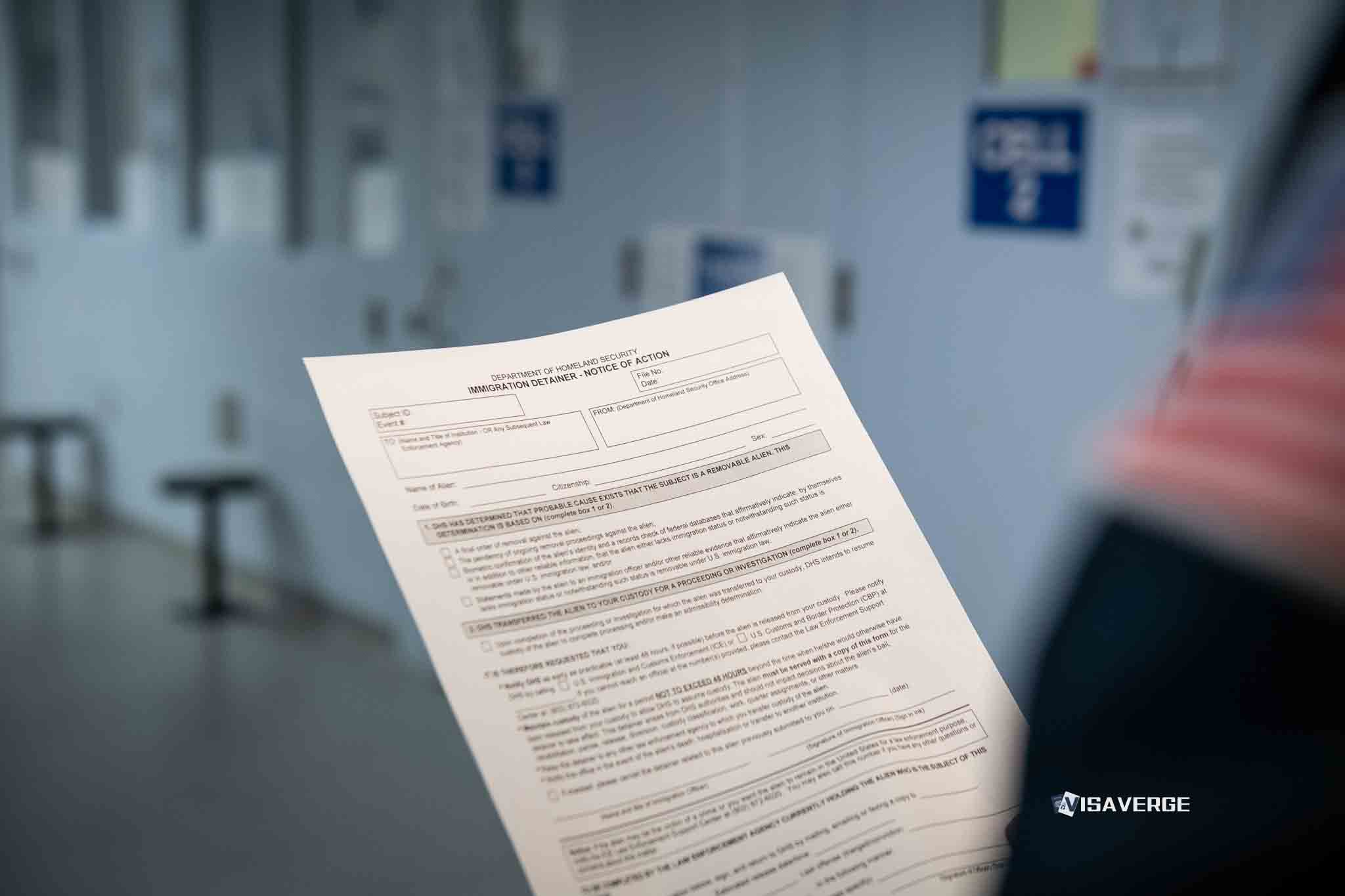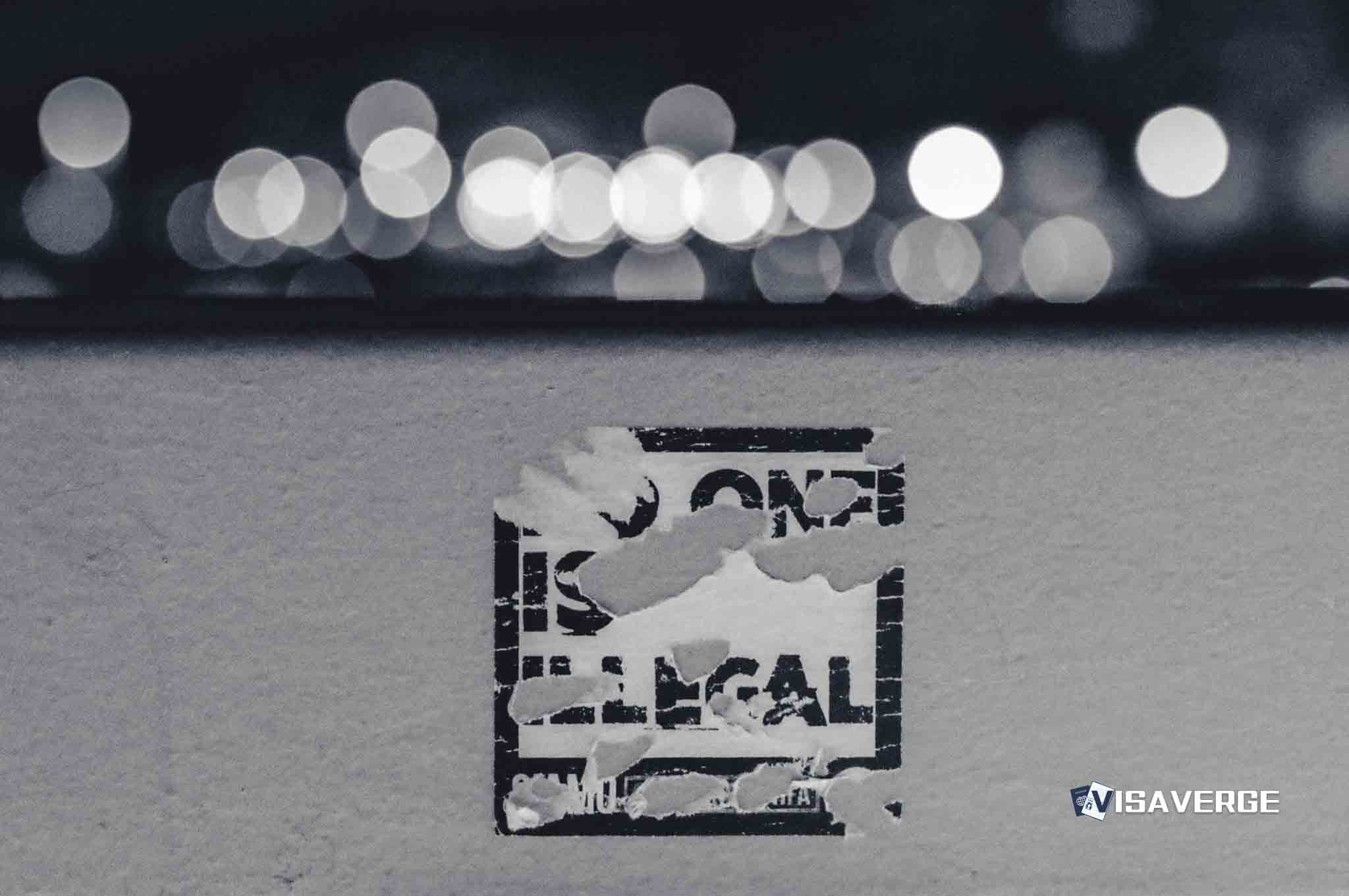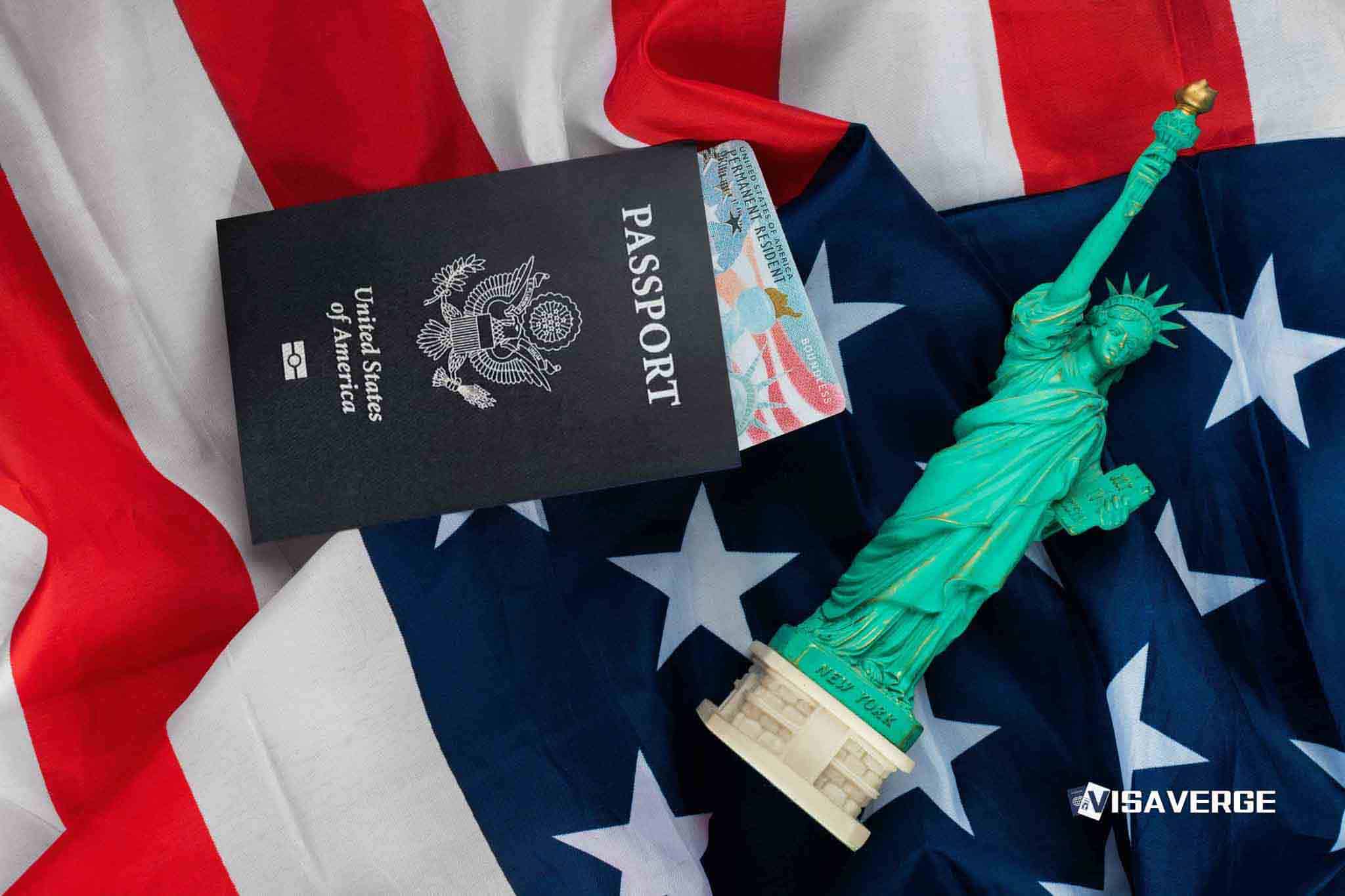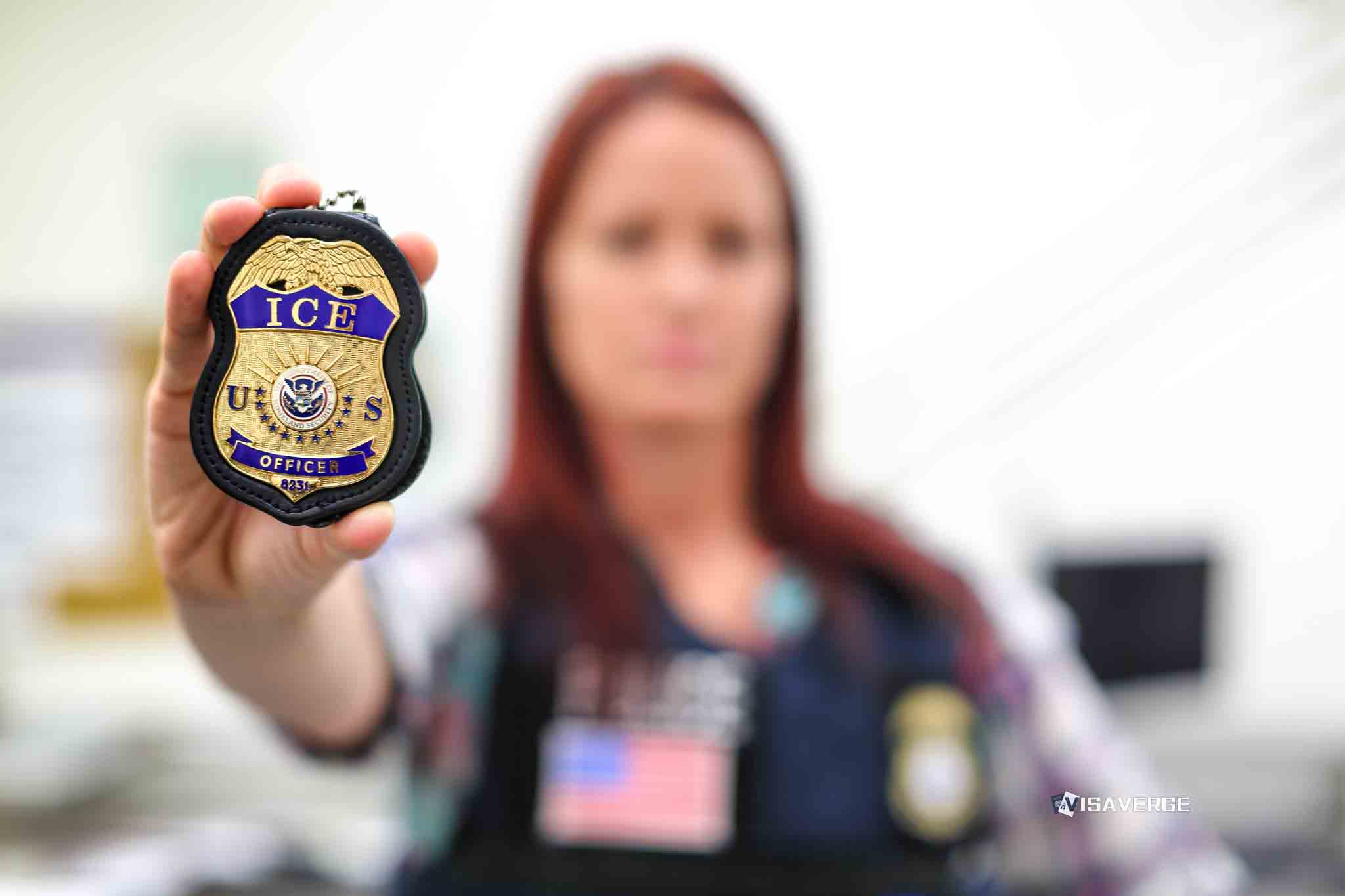(CARIBBEAN) A growing number of Canadians are turning to Citizenship by Investment programs in Caribbean nations, seeking more than just travel perks. As of August 2025, new rules, rising demand, and tighter oversight are reshaping how and why Canadians pursue second citizenships in this region. The changes come as global uncertainty pushes many to look for lifestyle upgrades, financial flexibility, and long-term security outside their home country.
Caribbean countries—Antigua and Barbuda, Dominica, Grenada, St. Kitts and Nevis, and St. Lucia—have become top choices for Canadians wanting a backup plan. These nations offer citizenship in exchange for investments, such as buying real estate or contributing to national funds. The programs are now under stricter rules, with a new physical presence requirement and a regional authority to oversee applications. These steps aim to address international concerns about security and program abuse, while also making the process more transparent.

Why Canadians Are Choosing Caribbean Citizenship by Investment
Many Canadians already hold one of the world’s strongest passports, so their reasons for seeking Caribbean citizenship go beyond easier travel. The main motivations include:
- Lifestyle and Security: A second passport offers a tropical escape and a safe place to live or retire if needed.
- Financial Planning: Dual citizenship helps with asset diversification and can provide tax benefits, as most Caribbean CBI countries do not tax worldwide income for non-residents.
- Family Inclusion: These programs often allow applicants to include spouses, children (sometimes up to age 30), parents, grandparents, and siblings.
- Long-term Flexibility: Having another citizenship gives Canadians more options in an unpredictable world.
Eric Major, CEO of Latitude Consultancy, explains, “Canadians are less focused on travel and more interested in long-term flexibility and peace of mind.” This shift is clear as more Canadians apply for Caribbean citizenship, especially in the past two years.
Recent Reforms: New Rules for 2025
In July 2025, the five main Caribbean CBI nations signed a draft agreement to standardize their programs. The most important change is a new physical presence rule: all new CBI citizens must spend at least 30 days in their country of citizenship within the first five years after approval. This requirement responds to pressure from the United States 🇺🇸 and the European Union for stricter standards.
The agreement also proposes a new regional body, the Eastern Caribbean Citizenship by Investment Regulatory Authority (EC-CIRA). This authority will oversee due diligence, compliance, and make sure all five countries follow the same rules. The draft is open for public comment until July 16, 2025, and final laws are expected later this year.
Investment Amounts and Application Details
The minimum investment needed for Caribbean Citizenship by Investment programs now ranges from $200,000 to $350,000, depending on the country and the type of investment:
- Dominica: $200,000 (real estate or national fund)
- St. Lucia: $240,000 (National Economic Fund), $300,000 (real estate), $300,000 (government bonds, refundable after five years)
- Antigua & Barbuda: $300,000 (real estate)
- Grenada: $270,000 (joint real estate), $235,000 (state fund)
- St. Kitts & Nevis: $325,000 (real estate), $600,000 (private home)
Processing times are among the fastest in the world, usually 3–6 months from application to passport. St. Lucia’s program may take up to 10–12 months. Until now, there was no requirement to live in the country, but the new 30-day rule will soon apply to all new applicants.
| Country/Type | Visa Category | Processing Time |
|---|---|---|
| Antigua & Barbuda | Citizenship by Investment | 3–6 months |
| Dominica | Citizenship by Investment | 3–6 months |
| Grenada | Citizenship by Investment | 3–6 months |
| St. Kitts & Nevis | Citizenship by Investment | 3–6 months |
| St. Lucia | Citizenship by Investment | 10–12 months |
Stricter Checks and Oversight
All five Caribbean nations have agreed to tougher background checks and stricter rules. This includes:
- Enhanced due diligence: More detailed background checks and proof of where the investment money comes from.
- Mandatory interviews: Applicants may need to complete a virtual interview.
- Minimum holding period: Real estate bought for CBI must be kept for at least five years (seven years for St. Kitts & Nevis) before it can be sold.
These steps are meant to stop money laundering, security risks, and abuse of the programs. The new regional authority, EC-CIRA, will help make sure all countries follow the same high standards.
Economic Impact on Caribbean Nations
Citizenship by Investment programs are vital for the economies of these Caribbean nations. In some cases, CBI revenues make up up to 50% of a country’s GDP. The money supports important projects like building roads, improving healthcare, funding schools, and helping communities recover from hurricanes and other disasters.
Caribbean governments stress that these programs are not just about selling passports—they are about attracting responsible investors who will help build the country’s future. According to analysis by VisaVerge.com, the economic benefits are clear, but so is the need for strong rules to keep the programs trusted worldwide.
How the Application Process Works
Applying for Caribbean Citizenship by Investment involves several steps. Here’s a simple breakdown:
- ✅ Choose a licensed agent: Direct applications are not allowed. Applicants must use a government-approved agent.
- ✅ Select investment type: Decide whether to invest in real estate, a government fund, bonds, or a business.
- ✅ Gather documents: This includes proof of funds, a clean criminal record, medical certificates, and other paperwork.
- ✅ Submit application: The agent sends the application to the country’s Citizenship by Investment Unit (CIU).
- ✅ Due diligence and interview: Background checks and, in some cases, a virtual interview.
- ✅ Approval-in-principle: If approved, the applicant transfers the investment funds.
- ✅ Receive citizenship and passport: Usually within 3–6 months.
- ✅ Physical presence: Starting late 2025, new citizens must spend at least 30 days in the country within five years.
Fees and Costs
Besides the main investment, applicants should expect:
- Government processing fees
- Due diligence fees (often $7,500 or more per adult)
- Agent and legal fees
These extra costs can add up, so it’s important to budget carefully.
Tax Benefits and Financial Planning
Most Caribbean CBI countries do not tax worldwide income, capital gains, or inheritance for non-residents. This makes them attractive for Canadians looking to manage their wealth and plan their estates. However, applicants should always check the latest tax rules and seek advice from a qualified professional.
Family Inclusion and Flexibility
One of the main draws for Canadians is the ability to include family members in the application. Most programs allow:
- Spouses
- Dependent children (often up to age 30)
- Parents and grandparents
- Sometimes siblings
This means an entire family can benefit from the security and flexibility of a second citizenship.
Official Resources and Where to Apply
Each country has its own Citizenship by Investment Unit (CIU), which is the official authority for applications and program details. For example, the St. Lucia CIU provides up-to-date information on requirements, forms, and fees. It’s important to use only official sources and licensed agents to avoid scams.
Multiple Perspectives: Supporters and Critics
- Caribbean Governments: They highlight the economic benefits and the positive impact on development.
- International Regulators (EU, US): They push for tighter controls to prevent abuse and protect visa-free travel agreements.
- Industry Experts: They see a shift in why people apply, with more focus on security and financial planning.
- Critics: Some worry about transparency, the risk of abuse, and the effect on local communities.
Case Study: A Canadian Family’s Experience
Consider the story of the Martins, a family from Toronto. Concerned about global instability and wanting more options for their children, they decided to apply for Grenadian citizenship. They chose Grenada because of its E-2 visa treaty with the United States 🇺🇸, which allows citizens to apply for a US investor visa. The process took five months, and they included their two children and the grandparents in the application. The Martins now spend winters in Grenada and feel more secure knowing they have a backup plan.
Looking Ahead: What’s Next for Canadians and Caribbean CBI
The new physical presence rule and regional oversight are expected to be fully in place by late 2025 or early 2026. More changes may come, such as limits on the number of approvals each year or more reporting requirements. Demand from Canadians is likely to stay strong as global events continue to create uncertainty.
Summary Table: Caribbean CBI Programs (2025)
| Country | Minimum Investment | Processing Time | Physical Presence | Family Inclusion | Notable Features |
|---|---|---|---|---|---|
| Antigua & Barbuda | $300,000 (real estate) | 3–6 months | 30 days/5 years | Spouse, children, parents, siblings | UWI Fund for large families |
| Dominica | $200,000 (real estate/fund) | 3–6 months | 30 days/5 years | Spouse, children, parents, grandparents | Lowest rejection rate |
| Grenada | $270,000 (real estate), $235,000 (fund) | 3–6 months | 30 days/5 years | Spouse, children, parents, siblings | E-2 US visa eligibility |
| St. Kitts & Nevis | $325,000 (real estate), $600,000 (private home) | 3–6 months | 30 days/5 years | Spouse, children, parents | Longest-running CBI program |
| St. Lucia | $240,000 (fund), $300,000 (real estate/bonds) | 10–12 months | 30 days/5 years | Spouse, children, parents, siblings | Government bond option |
Practical Tips for Canadians Considering Caribbean CBI
- Research each country’s program carefully to find the best fit for your needs.
- Use only licensed agents listed on official government websites.
- Plan for all costs, including fees and travel for the physical presence requirement.
- Consult a tax advisor to understand how a second citizenship may affect your finances.
- Check for updates on rules and requirements, as programs can change quickly.
Conclusion and Next Steps
Caribbean Citizenship by Investment programs offer Canadians a unique mix of security, lifestyle, and financial benefits. With new rules in place, these programs are becoming more transparent and trusted. Canadians interested in these options should start by visiting official CIU websites, like the St. Lucia CIU, and speaking with a licensed agent. As the world changes, having a second citizenship can provide peace of mind and open new doors for individuals and families alike.
This Article in a Nutshell













